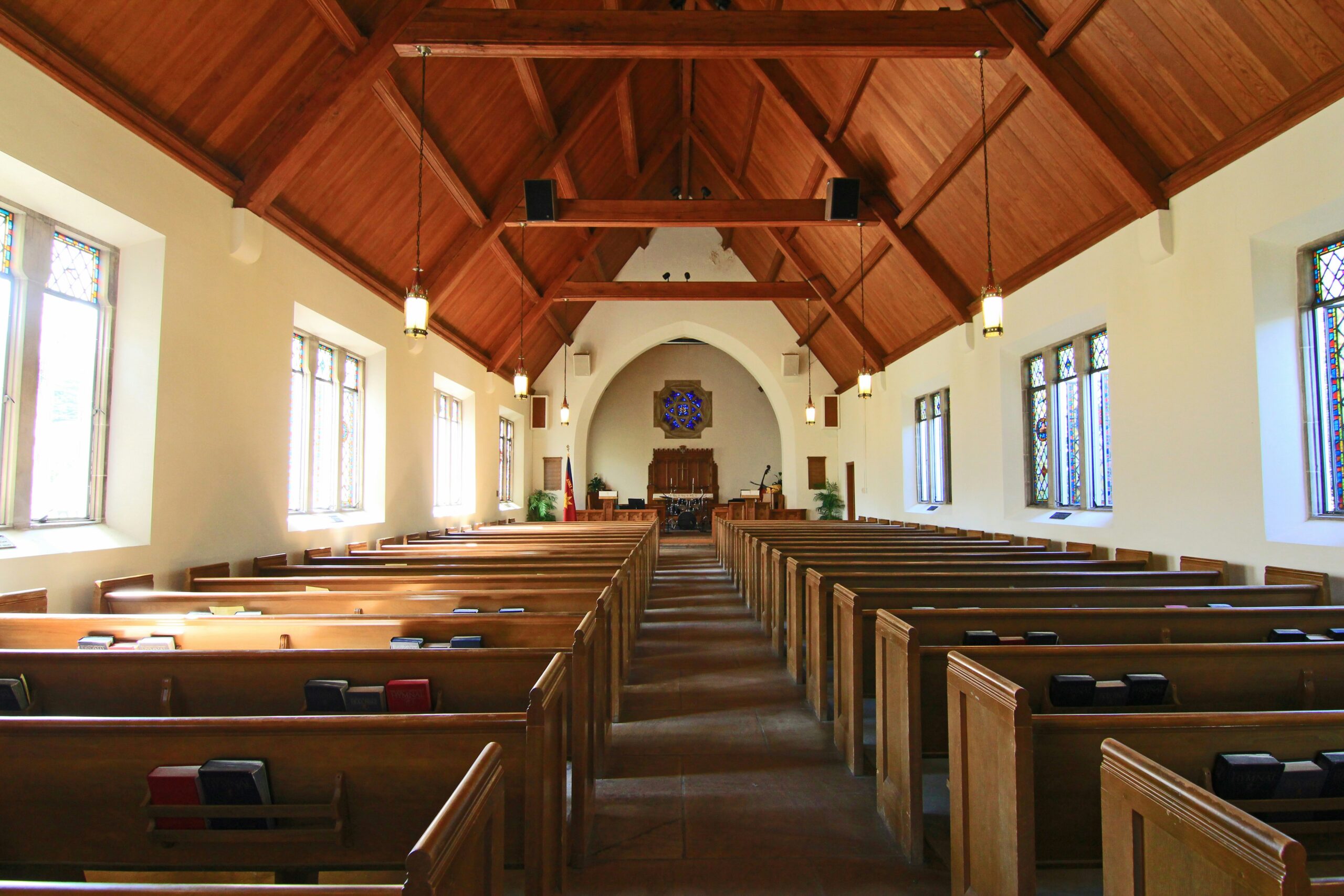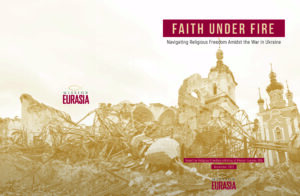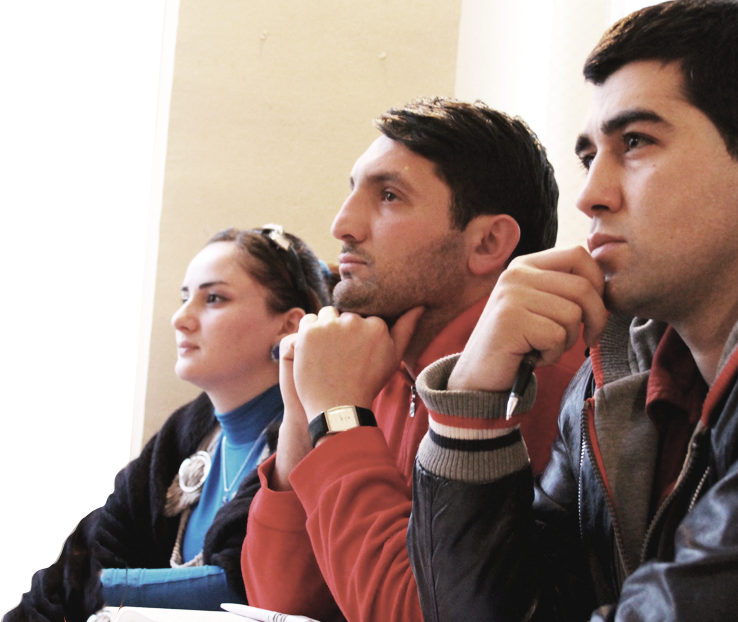Faith Under Fire: Understanding and Responding to Religious Persecution
Explore the realities of religious persecution, its impact on Christians and other faith communities, and how we can support those facing discrimination for their beliefs.

"Blessed are those who are persecuted for righteousness' sake, for theirs is the kingdom of heaven."
Matthew 5:10 (ESV)
"Indeed, all who desire to live a godly life in Christ Jesus will be persecuted."
2 Timothy 3:12 (ESV)
"Remember those who are in prison, as though in prison with them, and those who are mistreated, since you also are in the body."
Hebrews 13:3 (ESV)
Religious persecution is a reality faced by millions of people worldwide, with Christians being one of the most targeted faith communities. As followers of Christ, we are called to stand with our persecuted brothers and sisters, pray for their strength and deliverance, and advocate for their rights and freedoms. In this article, we will explore the nature of religious persecution, its impact on individuals and societies, and how we can respond with compassion, solidarity, and action.
Understanding Religious Persecution
Religious persecution can take many forms, from discrimination and harassment to violence and imprisonment. It occurs when individuals or groups are targeted, mistreated, or denied basic rights because of their religious beliefs or affiliations. While persecution affects people of various faiths, Christians are one of the most persecuted religious groups globally, facing severe restrictions, abuse, and even martyrdom in many countries.
According to the United States Commission on International Religious Freedom (USCIRF), in 2021, 62 countries had high or very high levels of religious persecution, affecting billions of people worldwide. The most common perpetrators of religious persecution are authoritarian governments, extremist groups, and majority religious communities who seek to suppress minority faiths.
-
Religious persecution can manifest in various ways, such as:
Laws and policies that restrict religious freedom, such as bans on conversion, worship, or religious dress
-
Social ostracism, harassment, and discrimination against religious minorities in education, employment, and public life
-
Violent attacks, abductions, and killings of individuals and groups because of their faith
-
Forced displacement, exile, or refugees fleeing religious persecution
-
Destruction or desecration of houses of worship, sacred texts, and religious symbols

The Impact of Religious Persecution
The effects of religious persecution are far-reaching and devastating. For individuals, it can lead to physical, psychological, and spiritual trauma, as well as loss of life, property, and livelihood. Families are torn apart, communities are shattered, and the social fabric of societies is weakened. Religious persecution also undermines fundamental human rights, such as freedom of religion, expression, and assembly, and hinders the development of pluralistic, inclusive societies.
Moreover, religious persecution can fuel social unrest, ethnic tensions, and even violent conflicts, as persecuted groups may resist or retaliate against their oppressors. This can lead to cycles of violence, repression, and instability that affect entire nations and regions.
On a spiritual level, religious persecution tests the faith and resilience of believers, who may face the ultimate choice of renouncing their beliefs or suffering for their convictions. Yet, as church history has shown, persecution can also purify and strengthen the church, as believers cling to Christ and witness His power and love in the face of adversity.
Supporting the Persecuted Church
As members of the global body of Christ, we have a responsibility to support and stand in solidarity with our persecuted brothers and sisters. This includes praying fervently for their protection, perseverance, and witness, as well as for the transformation of their persecutors. We can also support organizations that provide practical assistance, advocacy, and relief to persecuted Christians, such as Mission Eurasia's Religious Freedom initiative.
-
Some practical ways to support the persecuted church include:
Educating ourselves and others about the realities of religious persecution and the needs of persecuted believers
-
Praying regularly and specifically for persecuted Christians, their families, and their communities
-
Giving financially to organizations that provide aid, training, and resources to persecuted churches
-
Advocating for religious freedom and human rights through letter-writing campaigns, petitions, and engagement with elected officials
-
Welcoming and assisting refugees and asylum seekers who have fled religious persecution
-
Building relationships of solidarity and encouragement with persecuted believers through letters, messages, and visits when possible
As we support the persecuted church, we also have the opportunity to learn from their faith, courage, and resilience. Persecuted believers often have a deep understanding of the cost and joy of discipleship, the power of prayer and Scripture, and the hope of eternal life in Christ. By standing with them, we can grow in our own faith and be inspired to live more fully for Christ in our own contexts.

Conclusion
Religious persecution is a global reality that demands our attention, compassion, and action. By understanding the nature and impact of persecution, we can better support our suffering brothers and sisters and work toward a world where every person is free to believe and practice their faith without fear.
As Christians, we are called to stand with the persecuted church through prayer, advocacy, and practical support. We can also learn from their example of faithfulness, sacrifice, and hope in the face of adversity. May we be inspired by their courage and witness to live more fully for Christ and to be His light in a dark and hurting world.
Ultimately, our hope is in Christ, who has overcome the world and promises to be with us always, even in the midst of persecution (John 16:33). As we fix our eyes on Him and the eternal glory that awaits us, we can endure any trial and bear witness to His love and truth. May the persecuted church be a reminder of our unshakable hope and a call to faithful endurance until Christ returns to make all things new.
Frequently Asked Questions:
Related Articles
Responding to Persecution: Lessons from Scripture and the Early Church
Responding to Persecution: Lessons from Scripture and the Early Church Discover biblical principles and historical examples of how Christians can respond to religious persecution with faith, hope, and love. “Love…
Voices from the Persecuted Church: Stories of Faith and Courage
Voices from the Persecuted Church: Stories of Faith and Courage Be inspired by the testimonies of Christians who have faced religious persecution and seen God’s faithfulness in the midst of…
Religious Freedom
Religious Freedom Religious freedom isn’t theoretical here-it’s life and death. These reports expose the pressure facing Christians in Ukraine and Belarus, with verified reporting and practical next steps for leaders…




